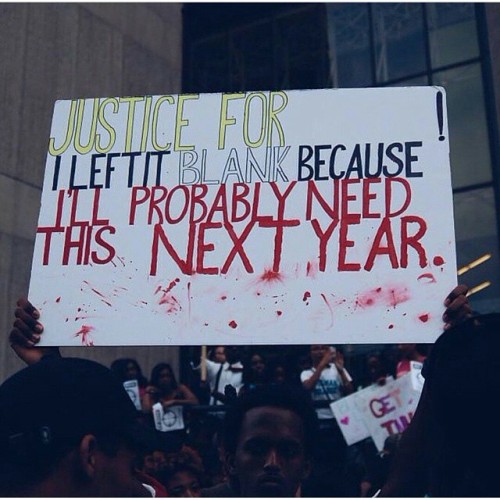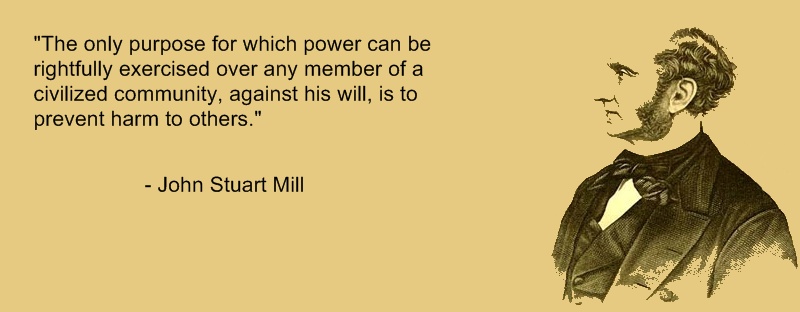On of the concepts in class that we discussed on Nietzche is the Noble Mode of Valuation.
This was a mode of evaluation that was taken from the ancient Greeks.
First you have to identify what is good. The nobles are good, because they are noble, powerful, beautiful, happy, and beloved by God.
The people who are not noble and considered weak are the slaves. They are full of resentment, because when they feel affronted by the world they cannot discharge that resentment and it poisons them.
So the slaves came up with the "Slave Revolt in Morality" and decided that since they are beloved by god, they are happy, beautiful, powerful, noble, and good. Essentially they are saying that god loves the weak and those that suffering. This is believed to be the beginning of morality.
I have trouble with this concept, because I find it hard to believe that people only do good to protect the weak. I feel like we are all born with a conscience and that feeling to do what is right overwhelms most of us. I do feel like morality does benefit the weak, but at the same time it benefits the people with strength as well. We all are mostly strong and full of life at a young age. However, we do age and lose our strength. If we kill off all the weak people, than we will be killed off by our own children, grandchildren, and neighbors children. True enough, we are now the weak and need to be protected, but the knowledge of the weak could be of some greater intellectual service.












